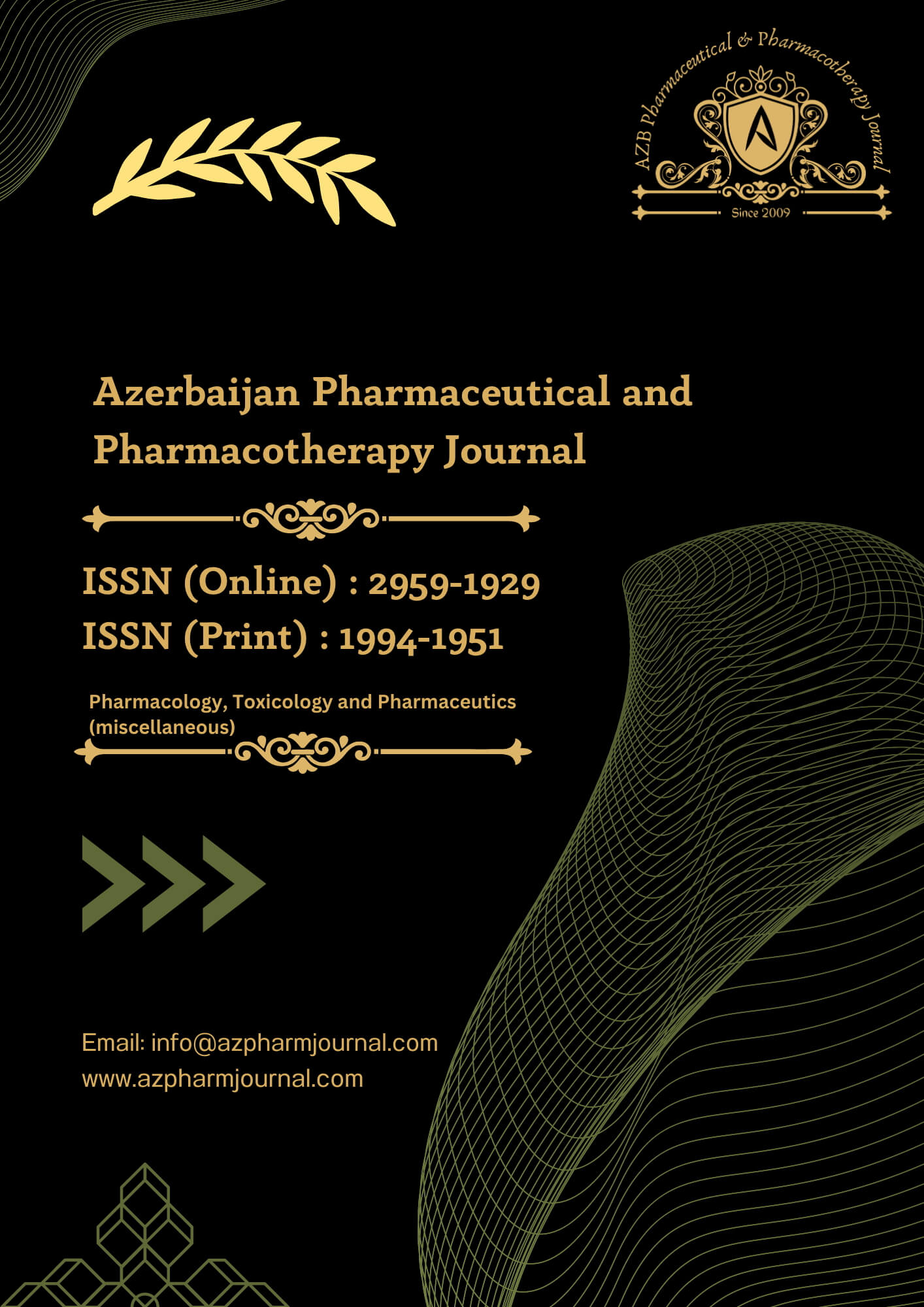In our study of 85 kidney transplant recipients, patients with early surgical complications (n=22) had a mean age of 58.01 ± 9.5 years, slightly higher than those without complications (54.23 ± 10.5 years). The mean donor age for patients with complications was 52 ± 7.8 years, compared to 49 ± 9.2 years for patients without complications. There was a higher prevalence of hypertension among patients with complications (82%) versus those without (68%), while rates of diabetes mellitus were 32% ± 10% and 27% ± 9%, respectively. The demographic distribution by sex (64% male in complications vs. 62% in non-complications).
Table 1: Baseline Characteristics of Study Participants
|
Characteristic
|
Total (n=85)
|
Complication Group (n=22)
|
No Complication Group (n=63)
|
|
Age (years), mean (±SD)
|
55.91±10.2
|
58.01±9.5
|
54.23±10.5
|
|
Sex (male), n (%)
|
53 (62%)
|
14 (64%)
|
39 (62%)
|
|
Hypertension, n (%)
|
61 (72%)
|
18 (82%)
|
43 (68%)
|
|
Diabetes mellitus, n (%)
|
24 (28%)
|
7 (32%)
|
17 (27%)
|
|
Donor Age (years), mean (±SD)
|
50 (±8.5)
|
52 (±7.8)
|
49 (±9.2)
|
|
Deceased Donor, n (%)
|
55 (65%)
|
16 (73%)
|
39 (62%)
|
Patients in the complication group (n=22) experienced significantly higher rates of delayed graft function compared to those without complications (45.5% vs. 12.5%, p=0.002). The median length of hospital stay was notably longer for patients with complications (15 days, IQR 10-18) compared to those without (7 days, IQR 5-10), with a significant difference observed (p=0.001). Although not statistically significant, one-year graft survival was slightly lower in the complication group (80%) compared to the non-complication group (88%, p=0.153). Additionally, patients with early surgical complications had a higher incidence of acute rejection episodes within the first-year post-transplant (31.8% vs. 12.5%, p=0.041).
Table 2: Early Surgical Complications and Clinical Outcomes
|
Outcome
|
Complication Group (n=22)
|
No Complication Group (n=63)
|
p-value
|
|
Delayed Graft Function, n (%)
|
10 (45.5%)
|
8 (12.5%)
|
0.002
|
|
Length of Hospital Stay (days), median (IQR)
|
15 (10-18)
|
7 (5-10)
|
0.001
|
|
One-Year Graft Survival, n (%)
|
18 (80%)
|
55 (88%)
|
0.153
|
|
Acute Rejection Episodes, n (%)
|
7 (31.8%)
|
8 (12.5%)
|
0.041
|
In our study of 22 kidney transplant recipients with early surgical complications, vascular issues were the most common, affecting 54.5% of patients, with arterial thrombosis noted in 22.7% and venous stenosis in 31.8%. Urological complications were also prevalent, observed in 31.8% of cases, including ureteral obstruction in 18.2% and urine leaks in 13.6%. Wound-related complications, primarily infections, affected 13.6% of patients.
Table 3: Types of Early Surgical Complications
|
Type of Complication
|
Number of Patients (n=22)
|
Percentage (%)
|
|
Vascular Complications
|
12
|
54.5
|
|
- Arterial Thrombosis
|
5
|
22.7
|
|
- Venous Stenosis
|
7
|
31.8
|
|
Urological Complications
|
7
|
31.8
|
|
- Ureteral Obstruction
|
4
|
18.2
|
|
- Urine Leak
|
3
|
13.6
|
|
Wound-Related Complications
|
3
|
13.6
|
|
- Wound Infection
|
3
|
13.6
|
In our study, patients with early surgical complications had significantly higher odds of experiencing delayed graft function, with an adjusted odds ratio of 3.82 (95% CI 1.67-8.74, p<0.001). Similarly, the odds of developing acute rejection episodes within the first-year post-transplant were also elevated, with an adjusted odds ratio of 2.91 (95% CI 1.12-7.54, p=0.027).
Table 4: Logistic Regression Analysis of Factors Associated with Clinical Outcomes
|
Clinical Outcome
|
Adjusted Odds Ratio (95% CI)
|
p-value
|
|
Delayed Graft Function
|
3.82 (1.67-8.74)
|
<0.001
|
|
Acute Rejection Episodes
|
2.91 (1.12-7.54)
|
0.027
|
